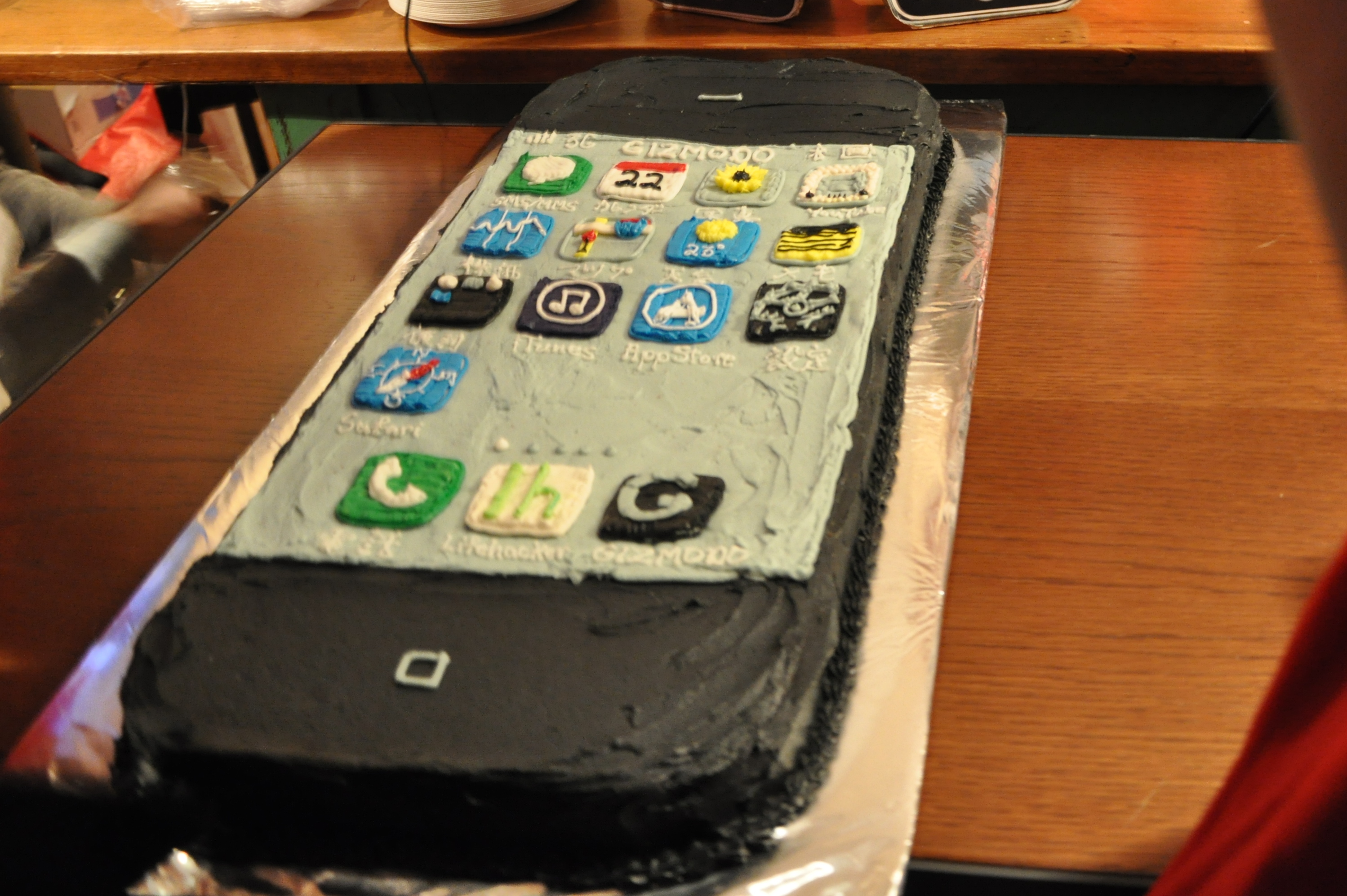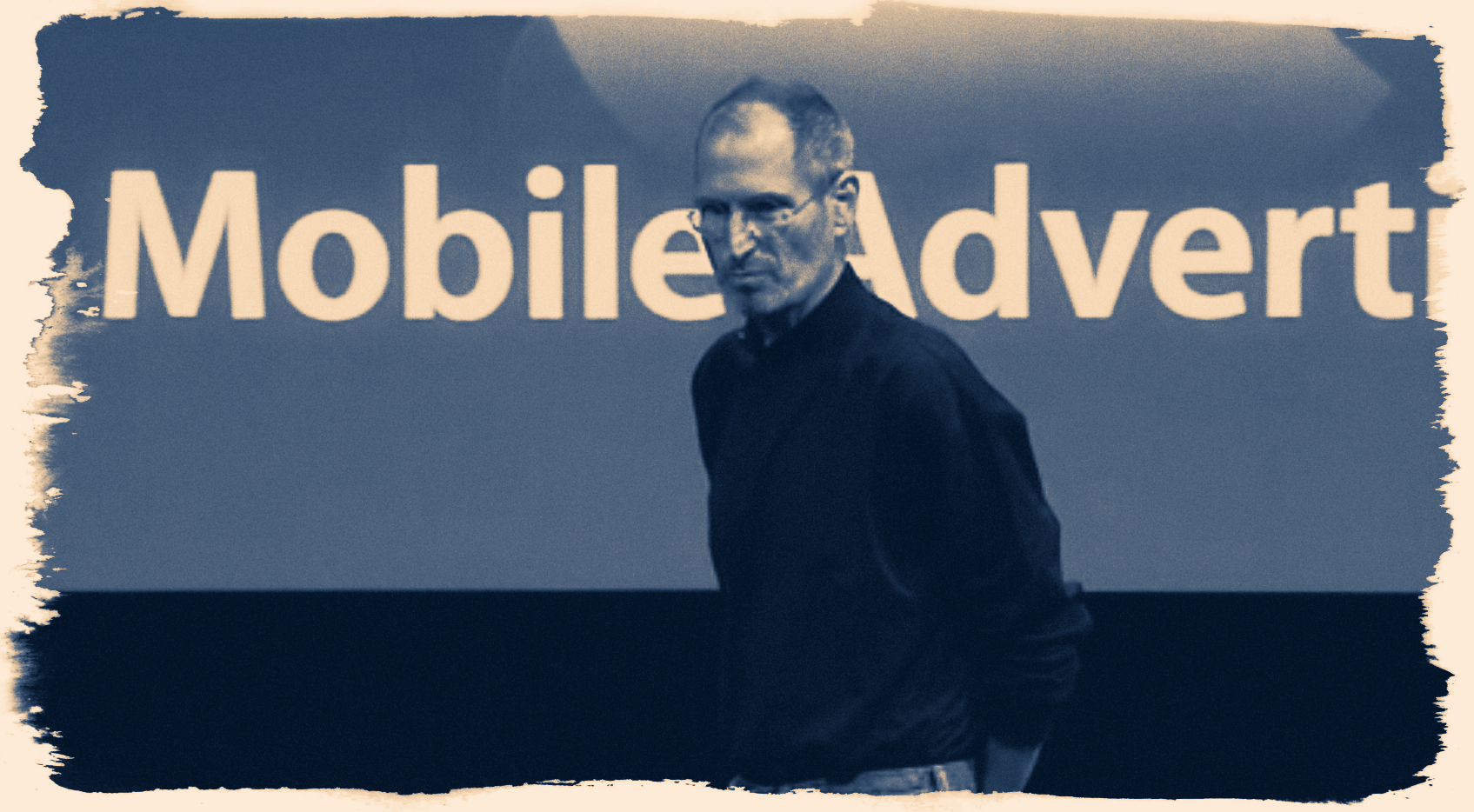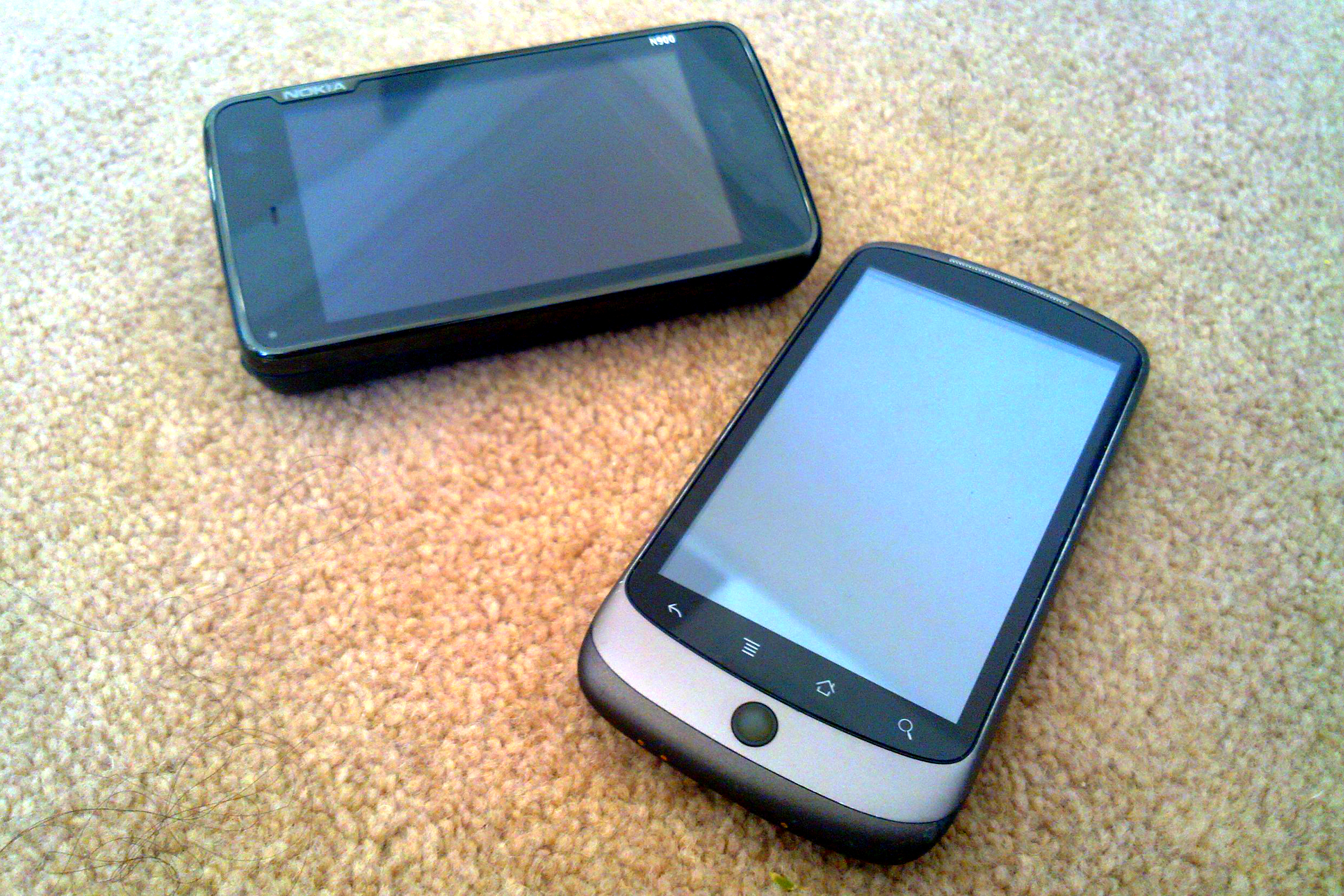I have deeply mixed feelings about siding with Apple and not Gizmodo regarding the iPhone prototype the Weblog paid to acquire. After all, as a seasoned journalist, I should strongly advocate no-questions-asked free speech. Instead, last night I blogged for Betanews: “Apple should sue Gizmodo over stolen iPhone prototype“. I had planned to write something here, but Betanews founder Nate Mook asked for a story, which I gladly delivered.







